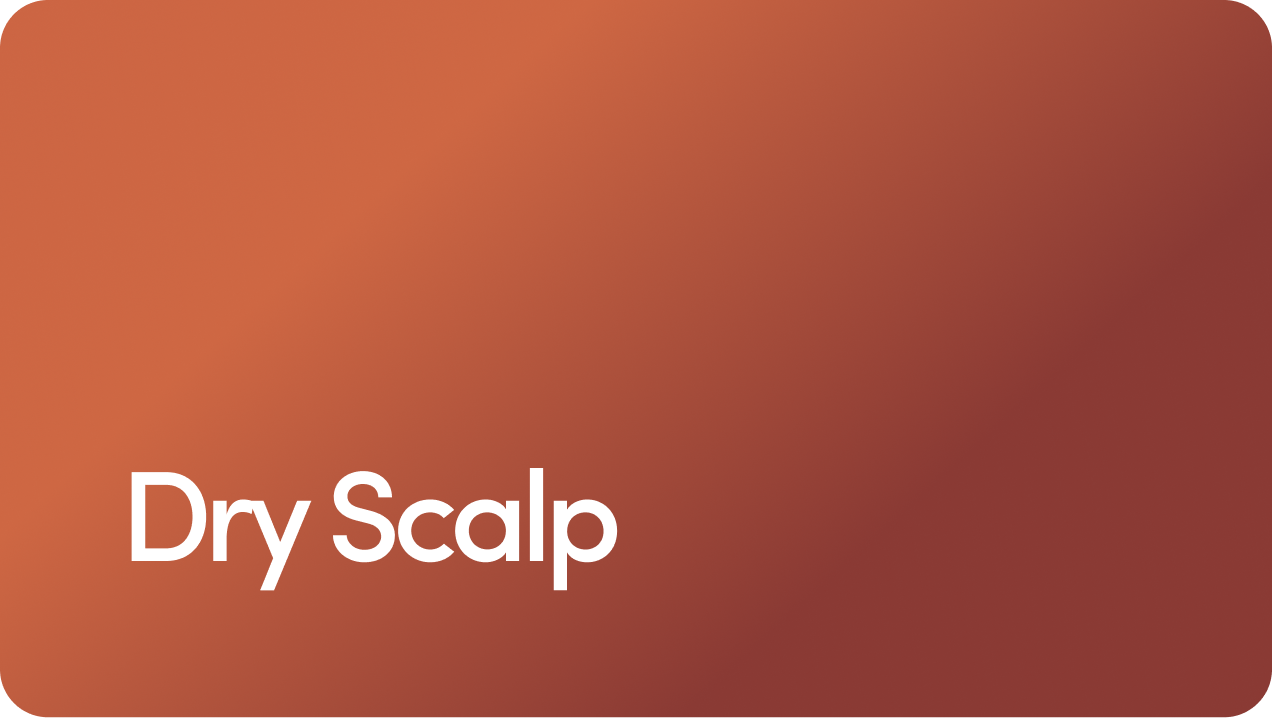Hair Loss
Hair loss (often referred to as alopecia) has many causes. Alopecia is an umbrella term encompassing different types of hair loss, including male pattern baldness and patchy hair loss across the entire scalp or body.
Overview

Hair loss, or alopecia, is an extremely common condition. And just like there are many people with hair loss, there are many different types of hair loss.
What comes to mind at first might be an older man with a receding hairline and a bald spot at the top of the crown. But from male pattern baldness to hair loss caused by autoimmune conditions, vitamin deficiencies or stress, hair loss can come in many patterns and affect men of all ages.
But you might be thinking, “Why is my hair thinning” or “Why is my hair falling out.” More importantly, you might be wondering if hair falling out is permanent or if it’s treatable. And the answer is: it all depends. With proper treatment, sSome forms of hair loss can actually be reversed, and the sooner you start, the better the outcome. From over-the-counter remedies to prescription medications, there are a range of doctor-trusted options to treat hair loss — including personalized options available through Hims.
So let’s dive into all things hair loss — its symptoms, causes, treatments and more.
Symptoms of Hair Loss
The symptoms or signs of hair loss may seem pretty straightforward — namely, scalp hair falling out. But there’s a lot more to it. Hair loss can be sudden or gradual. It can happen just on your scalp, or it can happen on other parts of the body.
In some cases, hair loss might not be a complete loss of hair, but more like the hairs get thinner, shorter and lighter.
Classically, symptoms of hair loss in men include a receding hairline (particularly over the temples, creating a characteristic “M” shape) and signs of balding at the top of the head, referred to as the crown.
But, as we mentioned, this only represents one of many types of hair loss (more on these below). Other symptoms may include:
Hair loss on different parts of the head or body
Patchy hair loss
In some cases, hair loss can also come with:
Itching
Irritation
Redness
Scaling
Oozing
Pain
Burning
Tenderness
If your hair loss is related to a medical condition or vitamin deficiency, you could also experience:
Skin changes
Nail changes
Other symptoms
Lastly, depending on how you feel about your hair loss, you may have symptoms such as:
Stress
Distress
Low self-esteem or confidence
Causes of Hair Loss
As you can guess, each type of hair loss has its own causes. This is important to understand when it comes to managing hair loss, because the proper treatment depends on the specific cause. A licensed healthcare provider can help you determine what the most likely cause and relevant treatment is for you.
Broadly speaking, the different types of hair loss can be broken down into two categories: non-scarring alopecia and scarring alopecia (also called cicatricial alopecia). With non-scarring alopecia, hair follicles are preserved, meaning hair loss is potentially reversible. With scarring alopecia, hair follicles are irreversibly damaged, leading to permanent hair loss.
Non-scarring Alopecias
Of the two, non-scarring alopecia is the more common. Let’s take a look at each common cause of hair loss.
Male Pattern Hair Loss
Male pattern hair loss — also called androgenetic alopecia or androgenic alopecia — is a progressive type of hair loss. It’s caused by genetics, meaning the genes you get from your parents determine if you develop this type of hair loss.
In the case of male pattern hair loss, what’s going on inside the body is this: In susceptible men, a hormone called dihydrotestosterone (or DHT), which is a derivative of testosterone, causes hair follicles to undergo a process called follicular miniaturization.
Follicular miniaturization is what it sounds like — hair follicles get smaller, and the hairs they produce get thinner and lighter. Technically speaking, hairs go from terminal hairs — the longer, darker hairs like the ones typically found on the scalp — to vellus hairs — the tinier hairs on the rest of the body.
As the hair follicle shrinks, it also loses attachment to the arrector pili muscles under the skin.
This whole process takes time. If you start addressing male pattern hair loss early on, hair loss can not only be slowed — it can be reversed, and you can regrow hair. But if the process is allowed to go on for too long, hair follicles can reach a point of no return. There are several medications that are clinically proven to treat this kind of hair loss available through Hims.
There is also a version of hereditary hair loss that women can have, called female pattern hair loss.
Telogen Effluvium
Telogen effluvium is a type of hair loss that occurs when hair falls out rapidly.
It’s caused by stress (such as by experiencing a trauma) or a sudden change to the body, such as being in an accident, getting surgery, weight loss, having a change in your hormones (like during menopause, in women), childbirth, having an illness or starting a new medication.
This type of hair loss is usually temporary.
Alopecia Areata
Alopecia areata is a type of hair loss that results in patches of complete hair loss. It’s an autoimmune hair loss disease, so it’s caused by the body’s immune system attacking your own hair follicles.
Traction Alopecia
Traction alopecia is a type of hair loss that can occur from certain hairstyles. When hair is pulled too tight repeatedly or for a prolonged period (like in tight braids or ponytails), it can result in areas of hair loss where the hair is being strained. While certain hairstyles can cause traction alopecia, wearing a hat is not considered a cause of hair loss.
Vitamin Deficiency
Some vitamin deficiencies, such as a biotin deficiency and iron deficiency, can lead to hair loss or unhealthy hair.
Trichotillomania
Trichotillomania is a hair-pulling disorder in which a person has a habit of pulling out their hair. People are sometimes unaware that they are pulling their own hair out, which can be a response to stress.
Hair Loss Related to Another Condition
Other medical conditions can cause hair loss, such as psoriasis, syphilis, thyroid disease or a fungal infection like ringworm (tinea capitis). Depending on the medical condition and severity, these may also be scarring alopecias.
Hair Loss Related to a Medication
Hair loss can sometimes be a side effect of medication. If you suspect this is the case, talk to your healthcare provider — don’t stop taking any medication without their guidance. Other medical interventions can also cause hair loss, such as chemotherapy, which is associated with anagen effluvium.
Scarring Alopecias (Cicatricial Alopecias)
There are many different kinds of scarring alopecia. In these cases, hair follicles are damaged by inflammation. Types include but aren’t limited to frontal fibrosing alopecia, lichen planopilaris, discoid lupus erythematosus, folliculitis decalvans, dissecting cellulitis and central centrifugal cicatricial alopecia.
Hair Loss Risk Factors
Just like there are many types of hair loss, there are also many different risk factors.
Chief among them is your genes. Having a history of hair loss on either side of the family — your mother’s or your father’s — can increase your risk of experiencing hair loss.
Other risk factors include:
Having a medical condition that can cause or contribute to hair loss
Taking a medication that can cause hair loss as a side effect
Stress
Certain hairstyles that pull on the hair
A sudden change, such as something major happening physically or emotionally
When to See a Doctor
According to the American Academy of Dermatology, losing 50 to 100 hairs a day is normal. So, if you’re waking up with just a few hairs on your pillow or you see some hairs stuck in your comb after using it, there usually isn’t cause for concern — this is normal hair shedding.
However, if you notice a change in how much hair you’re losing, feel like your hairline has changed or your hair feels thinner when you run your hands through it, it can be time to talk to a healthcare provider.
In some cases, you might not be the first person to notice hair falling out. A friend might tell you that the hair at the top of your head looks thinner, or after looking at an old photo of you, a friend might say it looks like your forehead has gotten larger. These can also be signs that your body is changing, and a conversation with a healthcare professional is a good idea.
It’s possible to use telehealth and talk with a healthcare provider from the comfort of your own home about your hair loss. Getting care online can be a convenient way to address common types of hair loss, like male pattern hair loss.
If you’re more of an in-person type of person, your primary care provider can also evaluate you for hair loss, or they might recommend you see a dermatologist or other specialist for more complex issues, such as if you’re experiencing additional symptoms. You should contact an in-person provider if your symptoms are sudden or if you’re experiencing additional symptoms like irritation, redness, flaking, skin and nail changes and more.
Diagnosis of Hair Loss
To diagnose hair loss, a medical professional will typically start by asking you about your symptoms and taking a medical history.
They may ask things like:
How long you’ve been experiencing hair loss
If you have hair loss in your family
If you recently started taking any new medications or supplements.
Next, a healthcare provider might do a physical exam in which they pay close attention to your hair, skin and nails.
During this physical exam, they’ll look for signs of what could be causing your hair loss and other skin conditions you might have. There are also specific tests they might do, like the pull test. The pull test involves pulling several hairs at once to see how many come out.
In some cases — like if you have very classic male pattern hair loss — additional testing might not be necessary. Experienced healthcare providers can identify male pattern hair loss without lots of additional tests, which makes telehealth an efficient way to be evaluated and treated for this condition.
In others, your healthcare provider may run additional tests — like a scalp biopsy, blood tests or microscopic hair exams — to help figure out what might be causing your hair loss.
Hair Loss Treatment
The specific medical treatment for your hair loss will depend on the type of hair loss you have.
For many, medication is the right approach for treating hair loss. And there are lots of treatment options to choose from. The two most common medications used for treating male pattern hair loss in men are finasteride and minoxidil. They can be used separately or together. So let’s take a closer look at each of these.
Finasteride
Finasteride is a type of prescription medication known as a 5-alpha-reductase inhibitor. Remember DHT, the hormone that can lead to follicular miniaturization and male pattern hair loss? Well, 5-alpha reductase inhibitors like finasteride prevent the conversion of testosterone to DHT.
Finasteride is available as a generic medication or as the brand name Propecia®, which is FDA-approved to treat male pattern hair loss. It’s also available in a higher dose as a generic and as the brand name Proscar®.
Proscar is FDA-approved to treat the symptoms of benign prostatic hyperplasia (BPH), which is an enlarged prostate.
There’s another 5-alpha-reductase inhibitor called dutasteride that’s also FDA-approved to treat the symptoms of BPH, but is sometimes used off-label to treat hair loss in men.
Propecia, or generic finasteride, is a pill intended to be taken daily. It is also sometimes found in compounded medications — alone or combined with other active ingredients — and in a topical form that can be applied directly to the scalp.
Some men may prefer this form of finasteride because it reduces the risk of experiencing unwanted finasteride side effects, such as sexual side effects (including decreased libido and erectile dysfunction).
Minoxidil
Minoxidil is the active ingredient found in the brand name Rogaine®. It is a topical medication that is available over the counter, and it comes in different strengths — 2% and 5% — and in various forms — as a topical solution or foam.
Researchers aren’t entirely sure of how minoxidil works, but it’s thought that it increases blood flow to hair follicles and could prolong the anagen phase (growth phase of the hair growth cycle) of a hair.
Recently, there has also been a lot of buzz about oral minoxidil. Oral minoxidil is an FDA-approved blood pressure medication, but research shows it can effectively be used off-label to treat hair loss.
Through Hims, a healthcare provider can make a personalized recommendation for treating your hair loss, which may include one or both of these medications in a topical or oral form, as appropriate.xx
Like all medications, both finasteride and minoxidil can cause side effects. They also aren’t appropriate for everyone and could interact with other medications you’re taking. Keep your healthcare provider up to date with all of your medications and medical conditions.
Other Hair Loss Treatments
While finasteride and minoxidil are the most common medications used for hair loss and the only ones specifically FDA-approved for male pattern hair loss, other interventions can also be effective. The exact treatment depends on the type of hair loss you are experiencing — some of these treatments can be effective for male pattern hair loss, while others are better for other hair loss types.
Ketoconazole, an antifungal medication, has some activity against 5-alpha-reductase (similar to how finasteride works).
Spironolactone, another blood pressure medication, can be used to treat hair loss in women because of its effects on hormones.
Low-level laser therapy (LLLT) uses a laser, typically over several treatment sessions, to stimulate hair growth.
Platelet-rich plasma (PRP) involves injections of your own blood components to prevent hair loss and promote new growth.
Other injections, such as corticosteroids, can be given as a potential treatment.
Supplements like biotin ( vitamin B7), vitamin E, saw palmetto and more. Research on the efficacy of supplements for hair loss is generally weak or mixed, so we still need to learn more before these can be considered hair loss “treatments.”
There are also different forms of compounded medications available for hair loss, which can include some of the medications and ingredients mentioned. Compounded medications aren’t specifically FDA approved to treat conditions, but they can still be effective. For example, finasteride and minoxidil can be compounded together in an oral or topical form and used for hair loss. A healthcare provider can make a personalized recommendation for you, as appropriate, after a consultation. You can connect with one through Hims.
In general, medications and treatments to treat hair loss and promote hair growth can take time to work — typically several months. In some cases, it can also appear that things are getting worse before they get better.
And if all of this doesn’t work for you, surgery can be an option, too. Different types of hair transplantation surgery include follicular unit transplantation (FUT) and follicular unit extraction (FUE). To learn more about whether hair transplant surgery is right for you, talk to a healthcare provider.
Lastly, let’s not forget about hair tattoos, wigs and toupees. Is it your natural hair? No. But can it be just as stylish? Yes!
Hair Loss Prevention Tips
Hair loss is a BIG topic. It affects many people. There are many different types. There are many different causes. There are many different treatments. It seems like it would be easiest just to avoid hair loss in the first place. So, is that possible? Can you prevent hair loss?
Unfortunately, preventing hair loss altogether just isn’t in the cards for some people. Nearly everyone’s hair will thin with age and, for a large part of the population, genetics determines what you get to keep on your head.
But that doesn’t mean there isn’t anything you can do. If you’re concerned about hair loss, try to:
Eat a healthy, balanced diet
Manage stress
Use hair care products that aren’t damaging to your hair and scalp
Avoid hairstyles that tightly pull on your hair
Cut back on unhealthy habits, like smoking
Treat other health conditions you might have
And if you notice your hair is falling out and want to do something about it, schedule an appointment with a healthcare provider. For some kinds of hair loss, the sooner you intervene, the better — and you could not only prevent further hair loss but potentially even regrow some new hair.
You can go to your primary care provider or a dermatologist, or you can connect with a healthcare provider online from the comfort of your own home and start addressing hair loss today.
When it’s that easy, why wait? A fuller head of hair — if you want it — might be just around the corner.
2 Sources
- Al Aboud AM, Zito PM. Alopecia. [Updated 2023 Apr 16]. In: StatPearls [Internet]. Treasure Island (FL): StatPearls Publishing; 2024 Jan-. Available from: https://www.ncbi.nlm.nih.gov/books/NBK538178/
- Do you have hair loss or hair shedding?. American Academy of Dermatology. (n.d.). https://www.aad.org/public/diseases/hair-loss/insider/shedding
Editorial Standards
Hims & Hers has strict sourcing guidelines to ensure our content is accurate and current. We rely on peer-reviewed studies, academic research institutions, and medical associations. We strive to use primary sources and refrain from using tertiary references. See a mistake? Let us know at [email protected]!
Related Conditions
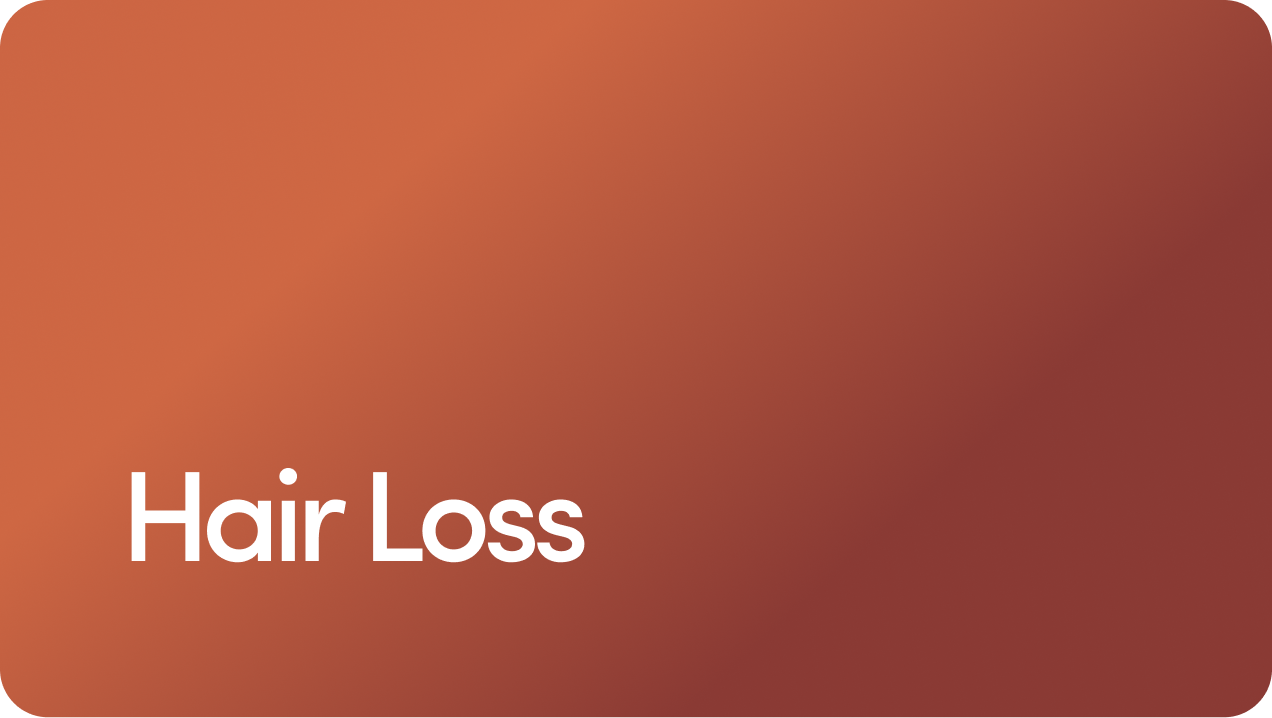 Hair Loss
Hair Loss
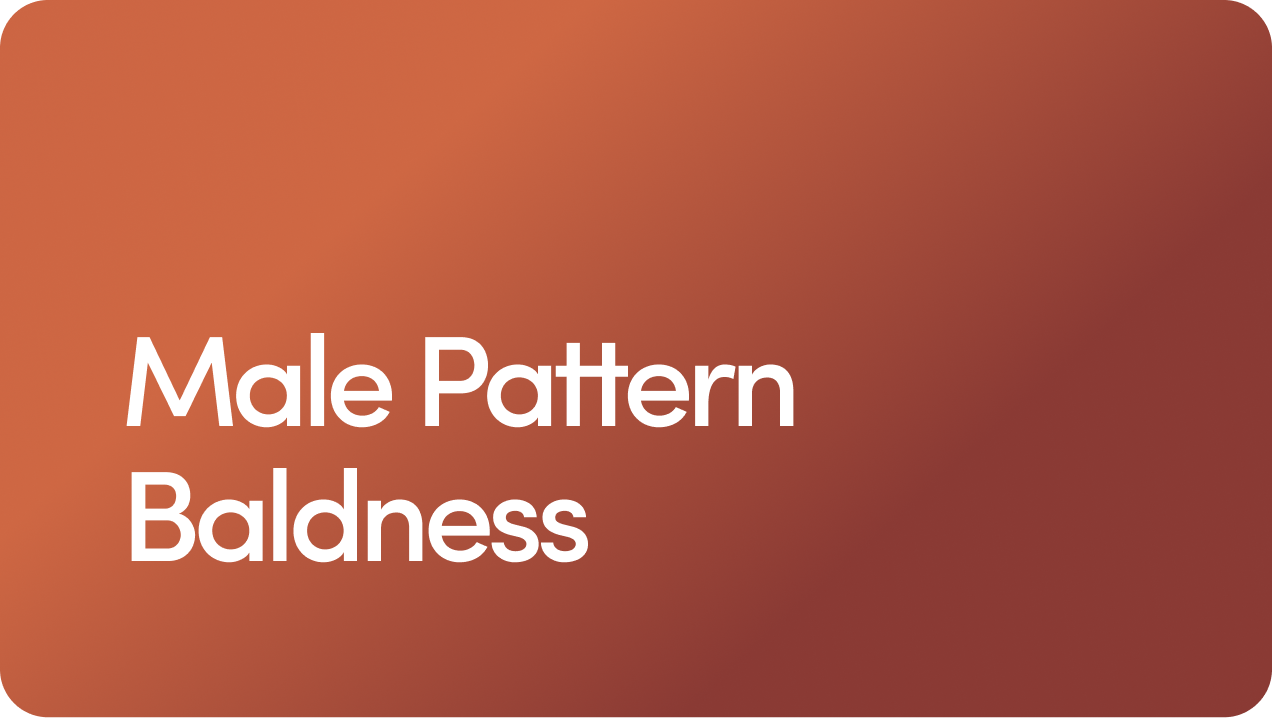 Male Pattern Baldness
Male Pattern Baldness
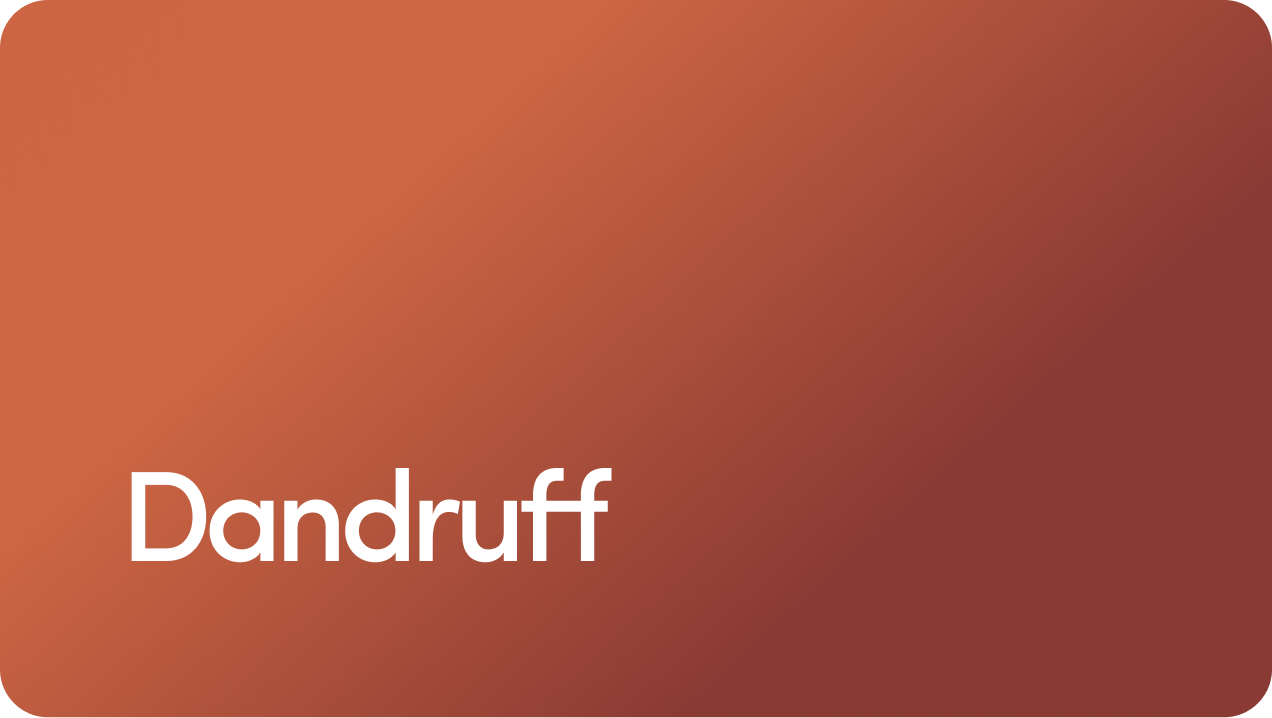 Dandruff
Dandruff
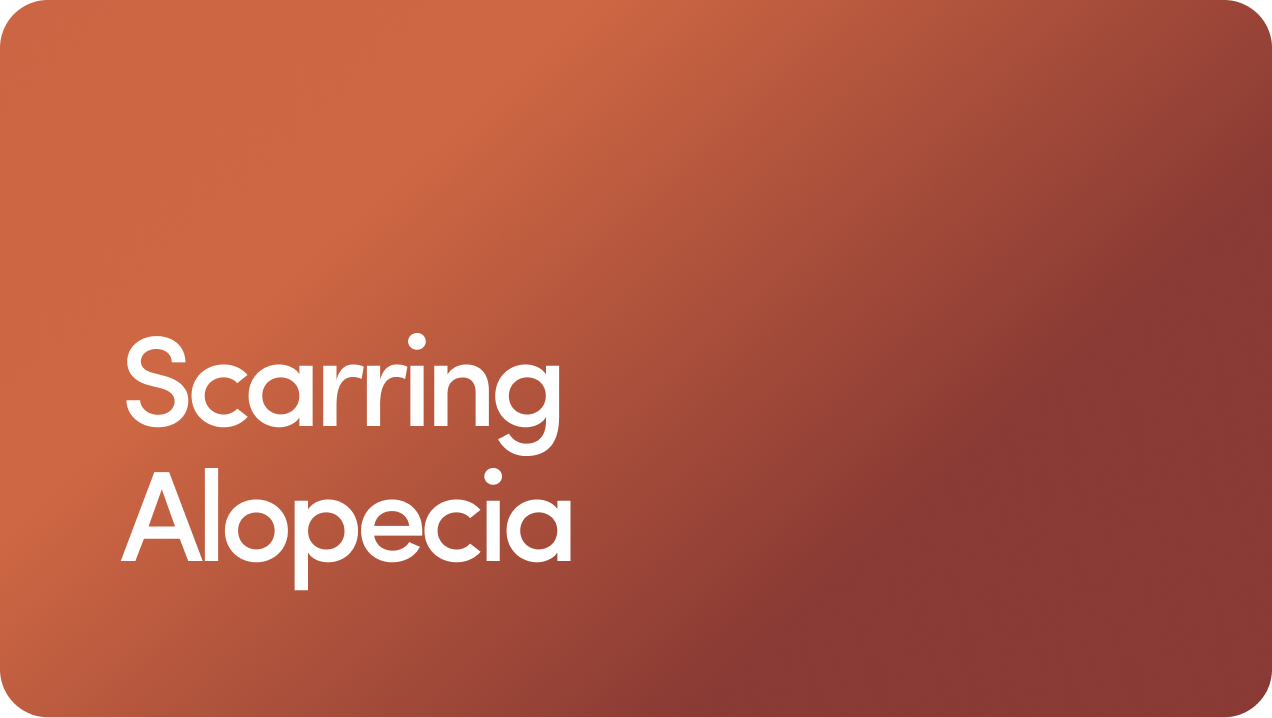 Scarring Alopecia
Scarring Alopecia
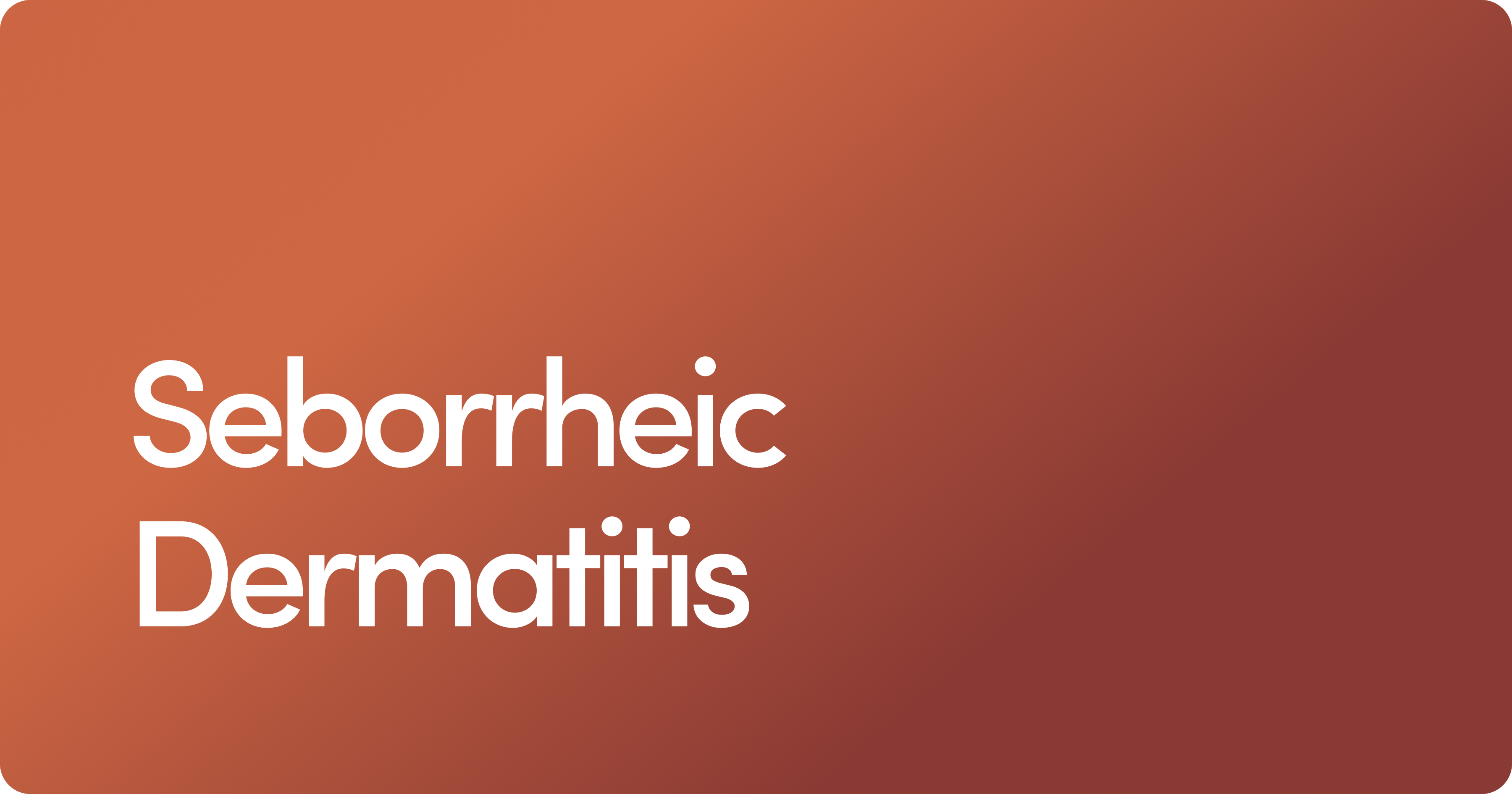 Seborrheic Dermatitis
Seborrheic Dermatitis
*All images feature a model portrayal
(unless otherwise noted).
